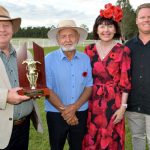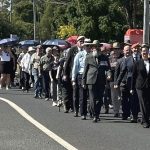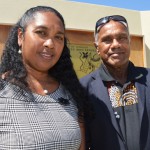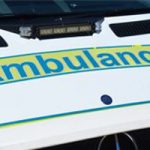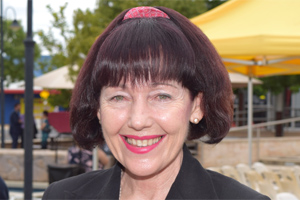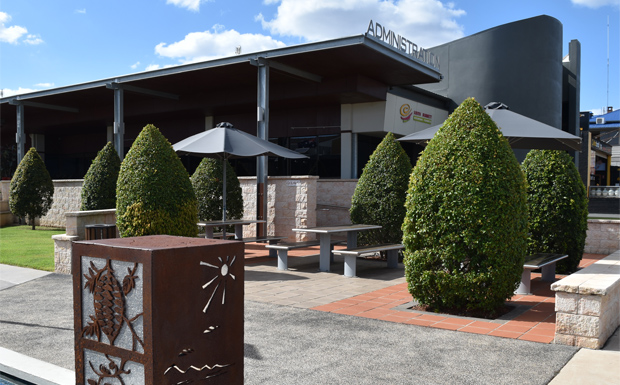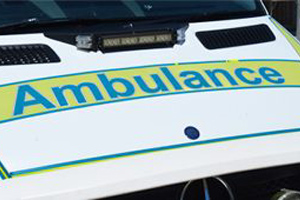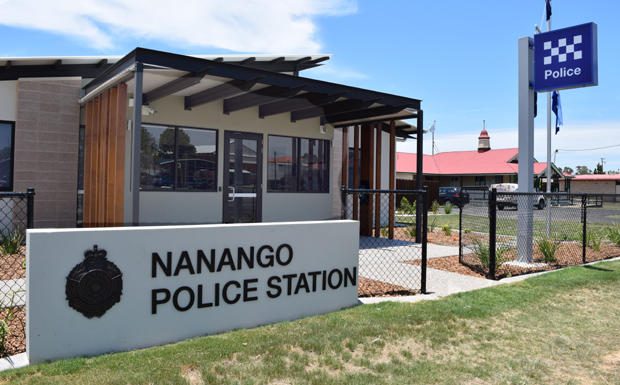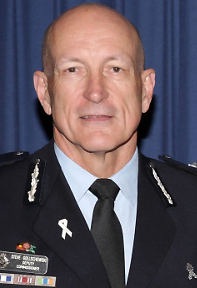
November 25, 2020
Queensland will be reopening its borders to all of Victoria from December 1, Premier Annastacia Palaszczuk confirmed on Wednesday.
This follows Tuesday’s announcement that Queensland will also reopen to all of NSW on the same date.
The two States have now gone 28 days without unlinked community transmission of COVID-19.
Premier Palaszczuk said a decision on whether to extend the opening to the still-declared COVID-19 hotspots in Adelaide will be made at the end of the month.
The latest easing of restrictions means people from Victoria and NSW will be able to travel freely to Queensland without a border declaration pass and Queenslanders will be able to travel to the two States without having to go into quarantine upon their return home.
Police will remove their road border checkpoints so motorists can travel freely across State borders.
However, travellers who have been in a declared COVID-19 hotspot or overseas within 14 days will still be required to complete a border declaration pass online before travelling to Queensland.
They will be required to stay in hotel quarantine for 14 days and must enter Queensland by air, unless they have an exemption. They will not be permitted to travel to Queensland by road.
Police will remain at airports with compliance checks carried out on all flights from COVID-19 hotspots and random checks on passengers disembarking from other interstate flights.
The 20 areas in South Australia which are still declared hotspots are Adelaide City, Adelaide Hills, Burnside, Campbelltown, Charles Sturt, Gawler, Holdfast Bay, Marion, Mitcham, Norwood Payneham and St Peters, Onkaparinga, Playford, Port Adelaide Enfield, Prospect, Salisbury, Tea Tree Gully, Unley, Walkerville, West Torrens and Torrens Island.
State Disaster Co-ordinator Deputy Commissioner Steve Gollschewski said the border control announcement was an important milestone in the road to recovery from COVID-19.
“Introducing border controls in Queensland has not been done for more than 100 years and it has been a mammoth operation,” Deputy Commissioner Gollschewski said.
“We know it has been difficult for many people, particularly those in border communities and I would like to thank those residents for their patience and co-operation.”
He said more than one million vehicles had been intercepted at road borders since March 27.
“I would like to acknowledge the effort of all police officers, members of the Australian Defence Force, SES, Department of Transport and Main Roads and all others who have assisted in the operation,” Deputy Commissioner Gollschewski said
“Persevering through freezing cold nights and very hot days, they have been at the frontline of our COVID-19 response and have done an outstanding job of protecting Queensland.”
Police officers will conduct random interceptions along Queensland road borders to ensure people have not travelled from a hotspot.







